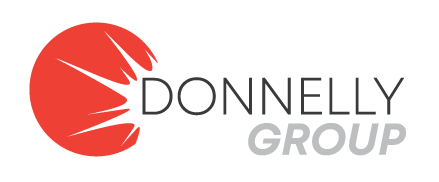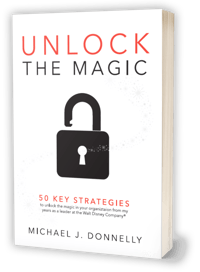Learning How to Win Control and Lose Concern
As a follow up to a recent post (Tomorrow is Begging You to Do Something Today) in which we shared the "do"- that action is important to making progress. With this post, we are now sharing our thoughts on what exactly we should do, where should we focus our energies and what will make us most effective as leaders at every level.
Effective, productive leaders are deliberate with time management, self-control and prioritizing. They understand and identify their:
- Circle of Control
- Circle of Influence
- Circle of Concern
The late Stephen Covey wrote extensively about this concept as he shared his Habit 1: Be Proactive. He shared that to be proactive, we must take responsibility for ourselves and our actions. We must be “response-able”; responsible for ourselves and not blame others or circumstances for our situations. Proactive people deliberately and thoughtfully choose what they let into their lives and what they discard. They work within their circles of control and influence.
- Circle of Control
Answers the question: Who or what do I have complete control over?
This may be: your choices and your actions
- Circle of Influence
Answers the question: Who or what do I have influence over?
This may be: people or initiatives that you don't have direct control over but can influence
- Circle of Concern
Answers the question: Who or what do I have no control or influence over?
This may be: Russian politics or your competitor’s product line
From a personal perspective this means things like proactively choosing to eat healthy food, thinking positive thoughts and being honest; rather than mindlessly consuming what society dishes up on a daily basis: overly processed foods, reality TV and gossip.From a leadership and workplace perspective, proactive behavior means deciding what tasks, ideas, thoughts and actions to focus on based on the circles of control, influence and concern.
Typically when faced with the decision to "do" we get bogged down in the Circle of Concern. This reactive vs. proactive behavior gets frustrating for leaders because we have no influence or control over the situation or outcome. It is seductive and tempting to wallow in this space because it allows us to sit back and complain without actually doing anything; yet it is merely a waste of precious time, energy and effort that could be spent working in areas that we can actually control or influence for good.
Leaders should stay away from their Circle of Concern.Instead, effective leaders spend more of their time and thoughts in the circles of control and influence and none in their circle of concern. These leaders ultimately expand their own control and influence while the others (who hang out in concern) decrease their influence and control over time.
In which circles are you spending most of your precious time?





